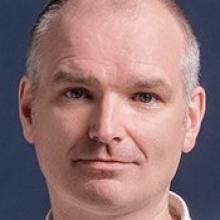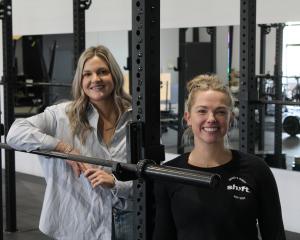
In New Zealand, ACC will cover many eventualities, but with the rapid increases in computer science, the law could well lag behind medical reality, the leader of the University of Otago’s artificial intelligence project, Associate Prof Colin Gavaghan, said.
"Direct liability for a medical provider would probably be precluded by ACC. What wouldn’t be precluded would be disciplinary action against a provider.
"There would also be the possibility of the technology going wrong, giving rise to product liability claims."
The Law Foundation-funded AI project is researching where the law is lagging behind developments in the AI field and exploring potential liability issues stemming from that.
Self-driving cars is one example the project has looked at, and medicine offered plenty of other potential legal pitfalls, Dr Gavaghan said.
"At the moment even the best AI learning system is not reliably better [than humans] but they could potentially be more accurate.
"It could be that they are more accurate across the board, but they are potentially really bad at detecting one kind of problem.
"Do the people with that problem have some recourse against the DHB if it chooses to use this technology which is better across the board but terrible for them?"
Anyone offering telemedicine services locally would fall under New Zealand medical law, as would someone operating remotely overseas via videolink — although how enforceable an overseas prosecution that would be was uncertain, Dr Gavaghan said.
"These things are coming on to the market fast and furious, but at the moment there is no pre-market checking and no follow-ups as to how they are going, and maybe there ought to be."
Privacy was another likely issue, with questions about the ownership of confidential health information delivered electronically.
"There’s a huge market in medical data ... and there are real questions about where is all this going and what kind of uses can be made of remote medical information by health insurers, employers, parole boards, who knows?"
Advertisement













